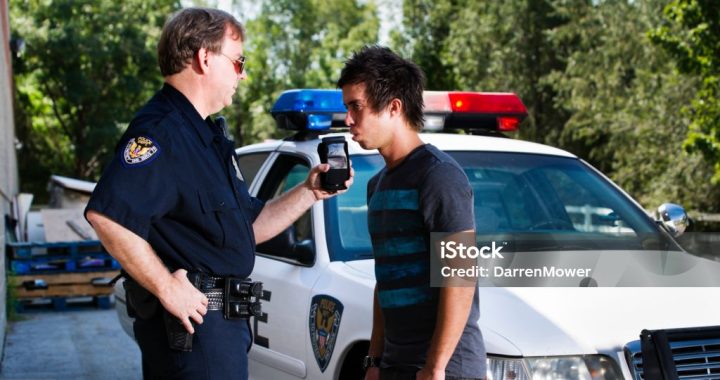The New Jersey Supreme Court recently ruled that a large number of breath tests conducted between 2009 and 2016 would not be considered reliable. The results from breath tests on those machines could not be used to prove a defendant’s intoxication. Normally, the State can prove that a defendant was intoxicated by simply showing that the defendant’s blood alcohol content (“BAC”) was .08% or higher. Of course, before these test results could prove a defendant’s intoxication, the State had to convince the court that the tests were conducted on a breath test device that was shown to be in proper operating condition, among other things. Obviously, a machine’s results should not be used when the machine was not operating the way intended.
To determine this proper operating condition, the State was required in every DWI trial to produce documents which established that the breath test device had been tested and passed these tests. Unfortunately for the State, the Court was advised that one of the State Troopers charged with conducting these tests, had skipped a step in the inspection procedure, which the Supreme Court had previously directed be followed when conducting its periodic inspection. Based on the State police’s failure to follow the established protocol then, the Court determined that test results from affected machines could not be used as evidence of intoxication.
Consequently, the Supreme Court has ordered that all defendants tested on a breath test machine inspected by this Trooper, be notified by the State that these breath test results cannot be was against them. Most of these ten thousand or so breath tests were administered in Central Jersey. Defendants will then have the ability to reopen their cases. Defendants in these cases should understand that guilt can also result from a finding that the defendant appeared to be intoxicated from the way they operated their cars to the way they walked, stood, spoke or were able to perform field sobriety tests.
